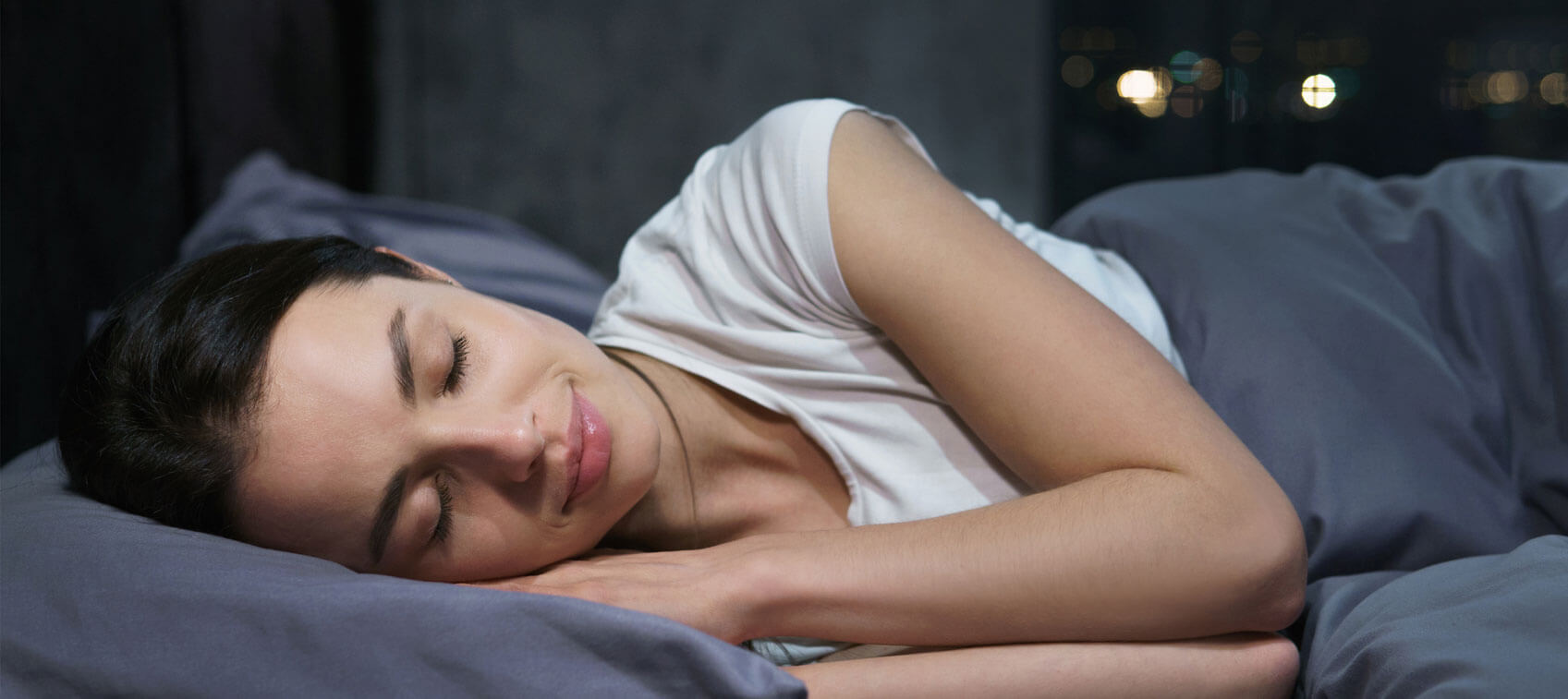
Everyone knows the importance of sleep. Chronic insomnia depresses the immune system and increases the risk of diabetes, heart disease, and weight gain. Plus, poor sleep impairs cognitive function and is linked with anxiety, depression, and sexual dysfunction.
If you have sleep problems, you’re no doubt familiar with the “usual suspects” and what to do about them—such as having a regular bedtime, avoiding caffeine late in the day, and sleeping in a dark, cool, quiet bedroom with no distractions like TV and digital devices. You may have even tried sleeping pills, but you’re aware of their dangers and prefer something safe and natural.
You’re in luck. Store shelves and websites are loaded with supplements that promise better sleep—so many, in fact, that it’s difficult to know which ones really work. Let’s look at the four most effective sleep support supplements.
Melatonin Helps You Fall Asleep
Melatonin is the most popular sleep supplement and for good reason. Produced naturally in the pineal gland, this hormone regulates your circadian rhythms. As darkness falls, melatonin secretion rises, signaling your body that it’s time to sleep.
After the age of 40, natural production of melatonin declines, which is one reason why many older people suffer with insomnia. Supplemental melatonin is particularly good at helping you fall asleep—and time-release formulas that provide a second dose during the night help prevent those annoying nighttime awakenings.
In addition to facilitating sleep, melatonin is also useful for jetlag—plus it’s a potent antioxidant that protects against disease.
Suggested dose: 1–6 mg (average dose 3 mg) 30–60 minutes before bedtime
GABA Calms a Busy Mind
Gamma-aminobutyric acid (GABA) is the brain’s primary inhibitory neurotransmitter, meaning it has a moderating effect on excitatory neurotransmitters in the nervous system. Simply put, GABA calms you down, so you can fall asleep.
GABA receptors are the target of drugs prescribed for anxiety and sleep, but these medications can make you groggy the next day—and some are highly addictive. However, GABA itself, which is an amino acid that can be taken in supplement form, is safe and well-tolerated.
When GABA is used as a sleep supplement, it has a calming, relaxing effect that helps tamp down anxiety that can keep you awake at night.
Suggested dose: 100 mg 30 minutes before bedtime
L-Theanine Is Simply Relaxing
L-theanine is an amino acid that boosts the activity of GABA. If you drink green tea, which is naturally abundant in L-theanine, you may have observed how it increases wakefulness and alertness but doesn’t leave you with the jagged, jittery effect you can get from coffee. L-theanine is believed to be responsible for that calming effect.
Taken in supplement form at bedtime, L-theanine provides a sense of peace and relaxation that helps ease you into sleep.
Plus, there’s an interesting synergy between GABA and L-theanine for sleep enhancement. Studies show that when the two are taken together, their effects on sleep quality and duration are better than when either is taken alone.
Suggested dose: 200 mg 30 minutes before bedtime
Valerian Has a Mild Sedative Effect
Valerian (Valeriana officinalis) is a traditional remedy for insomnia dating back thousands of years. It too works on GABA pathways, calming the mind and body and hastening the onset of sleep. Some people use valerian during the day to reduce anxiety and nervousness, but you need to be aware that high doses can have a pronounced sedative effect and should be used with caution.
Here’s a fun fact about valerian: It contains compounds that are a “feline attractant” and, like catnip, provokes a frisky reaction in most cats. Be forewarned, however, that valerian root has a strong odor sometimes described as smelling like stinky socks.
Suggested dose: 300–600 mg 30 minutes before at bedtime
Reap the Benefits of Restful Sleep
These are not the only supplements that may help you sleep. 5-HTP and tryptophan boost levels of the neurotransmitter serotonin, which plays a role in sleep as well as mood. Magnesium relaxes the muscles. Chamomile, used most often as a tea, is a bedtime ritual for many people. And a growing number of products containing cannabidiol (CBD) are positioned as sleep support supplements.
Nevertheless, I suggest that you first try what I consider to be the top four supplements for insomnia: melatonin, GABA, L-theanine, and valerian. Taken alone or in combination products, they can help you fall asleep faster, sleep longer—and reap the many health benefits of restful, rejuvenating sleep.


